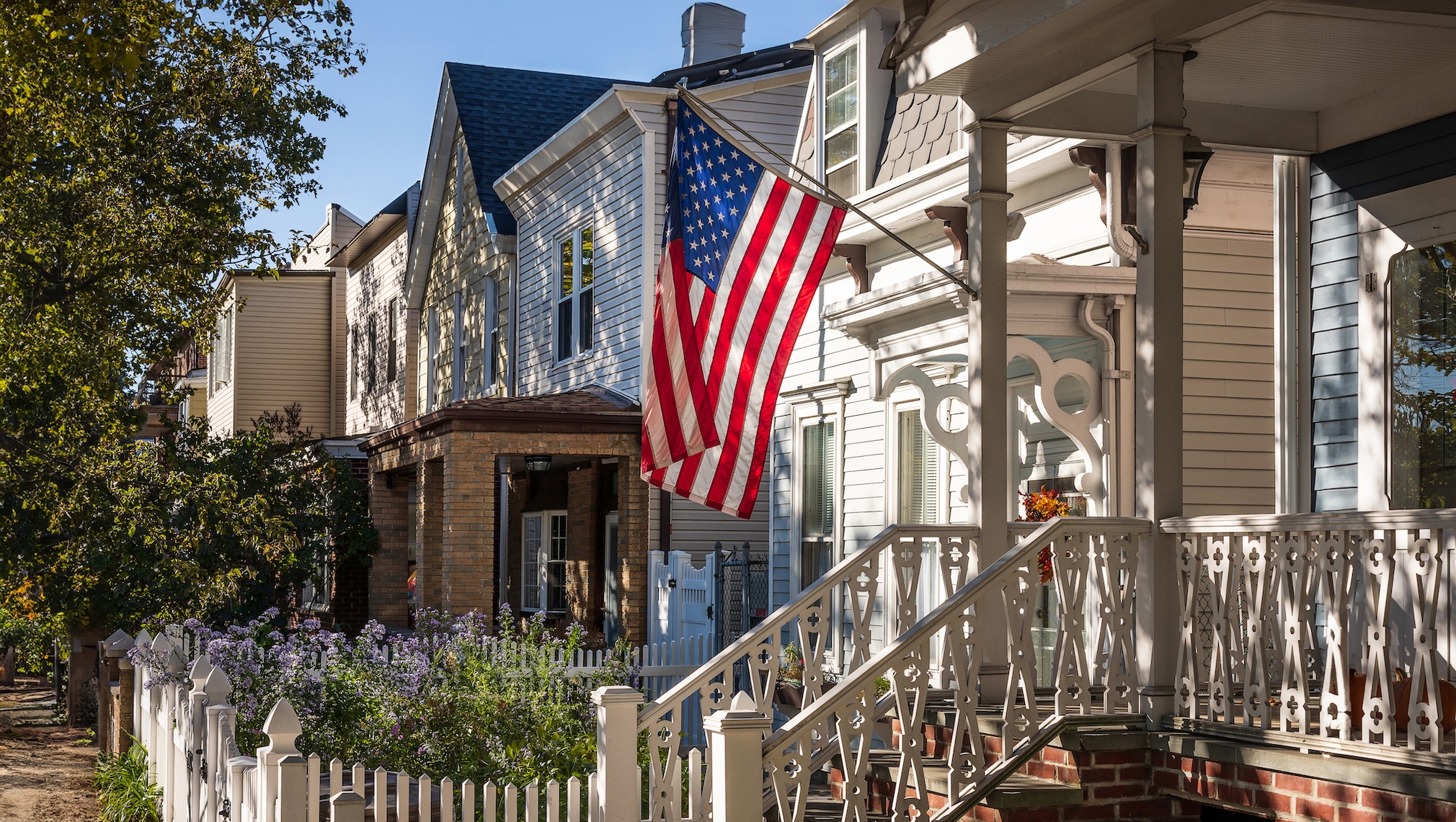November Market Report: Were Fall Buyers Reluctant Due to the Election?


Jordan Teicher
November 15, 2024
2 Minute Read
Every four years, it’s common to see reports that people may be reluctant to move during election season. But is that actually true? Let’s look at the data.
Transaction trends
To start, we used new residential home sales reported by the U.S. Census Bureau to look at transactions during fall months of presidential election years between 2000 and 2020. If these elections deterred a significant number of buyers, we’d expect to see noticeable drops into October or November compared to years without presidential elections.
In five of the last six presidential election years, transactions for newly built single-family homes did fall from October to November. The average month-over-month change during these recent election years was -3.7%, buoyed by the 9.5% increase in 2012 when President Barack Obama was re-elected to his second term. There weren’t any clear differences based on the winning party or whether an incumbent won.
Comparatively, in years without presidential elections, transactions for new homes increased by 0.6% on average between October and November. So the data does show that November transactions fall more during presidential elections than non-election years. However, because there are so many types of new market pressures that can be at play as the housing market season winds down (mortgage rate patterns not least among them), this result isn’t considered strong enough to be conclusive by economists.
That said, the patterns are compelling. Between 2000 and 2020, transactions actually increased by an average of 2.4% in the December after a presidential election, compared to just 0.9% in all other years, suggesting there may have been pent-up demand returning from those who were waiting to see how the election would play out.
What this means for 2024
If buyers seemed more reluctant this fall, it could’ve been because of the election. But it also could’ve been because of mortgage rates, elevated home prices, or inventory. Mortgage rates have been climbing since late September, and over the last month, purchase applications have dropped 10 percent, according to Freddie Mac.
“The uncertainty of an election may make buyers think about waiting until the next home shopping season during a more ‘normal’ year,” says Zillow Chief Economist Skylar Olsen. “But this is not a ‘normal’ year for other reasons, too, including all the messaging around mortgage rates coming down. With recent rate fluctuations, more buyers may be expecting them to be lower next year.”
In 2020, for example, transactions declined by 14.9% from October to November. However, the months leading up to that election occurred during the middle of the pandemic as people looked to leave densely populated areas and take advantage of sub-3% mortgage rates. The 1.03 million new single-family homes sold that October are the most traded in a single month since August 2006. Even though 2021 was a more “normal” year in some ways, interest rates climbed back up over 3% by November and year-over-year transactions were down 10.3%.
It’s a good reminder that – election year or not – it’s hard to predict where the market will be a year from now.
Zillow works for agents
We're here to support you and your clients on their journey home. Discover how we can help grow your business today.
Learn more
